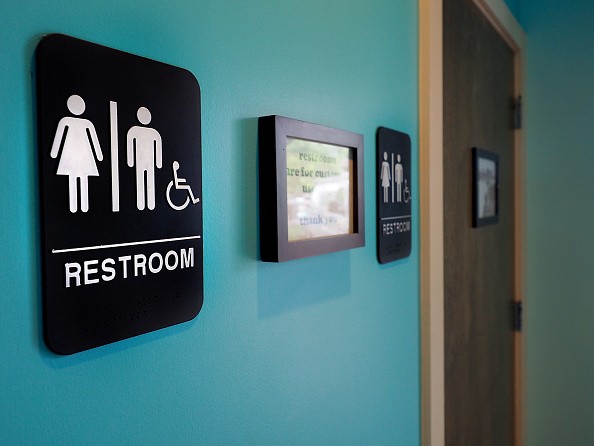Shanghai opened a unisex public toilet block in a park in Pudong New Area on the World Toilet Day on Nov. 19 with a view to reduce the time spent by women have to wait in queues. The toilet comprises 10 unisex stalls and urinals and a restroom.
According to available statistics, currently there are over 12,000 public toilets in Beijing, but nearly all of them are found in residential communities, squares, parks, and tourist attractions, markets in the urban areas and along main roads. However, there are not enough public toilets for women, forcing them to stand in long queues to use public latrines, Xinhua reported.
China has been actively promoting gender equality, but it is not certain whether the trial with the unisex toilet concept will be enough to solve the problem faced by women visiting public toilets. This is primarily because some parental groups have opposed the opening of all-gender washrooms by the University of Hong Kong, Global Times reported.
Many of these protestors are of the view that endorsing such a controversial model in the society is nothing but misuse of public money. Consequently, the authorities are undecided on whether they should build more unisex toilets because people are yet to embrace the concept.
In fact, the protests in Hong Kong are nothing new, as people witnessed similar opposition from the public in London when the authorities introduced unisex toilets for primary school students above eight years. Parents feared that unisex toilets would make their children more exposed to premature sex activities or even sexual abuse.
Depsite such protests, the number of unisex toilets continues to grow across the globe. However, the question remains whether people are really ready to use such unisex bathrooms.
Aside from the issues raised by protestors in Hong Kong against the concept of unisex toilets, there are a number of other issues that still make them unpopular among the masses. For instance, men using toilets in China are often found chatting continuously with their loved ones on phone without even realizing that there are people waiting in the queue.
On the other hand, unisex toilets are places where a guy's patience is tested. Generally, women take more time inside the toilet, at they also check their make-up and fiddle with their outfit before they leave the place. Moreover, women usually go to toilets with colleagues or friends and use the place for small talk.
Studies have shown that neither men nor women in China prefer the concept of unisex toilets, the report said. Usually men and women share toilets in their homes, but when it comes to public they are against sharing toilets.
Watch a funny clip on unisex toilets below:



























